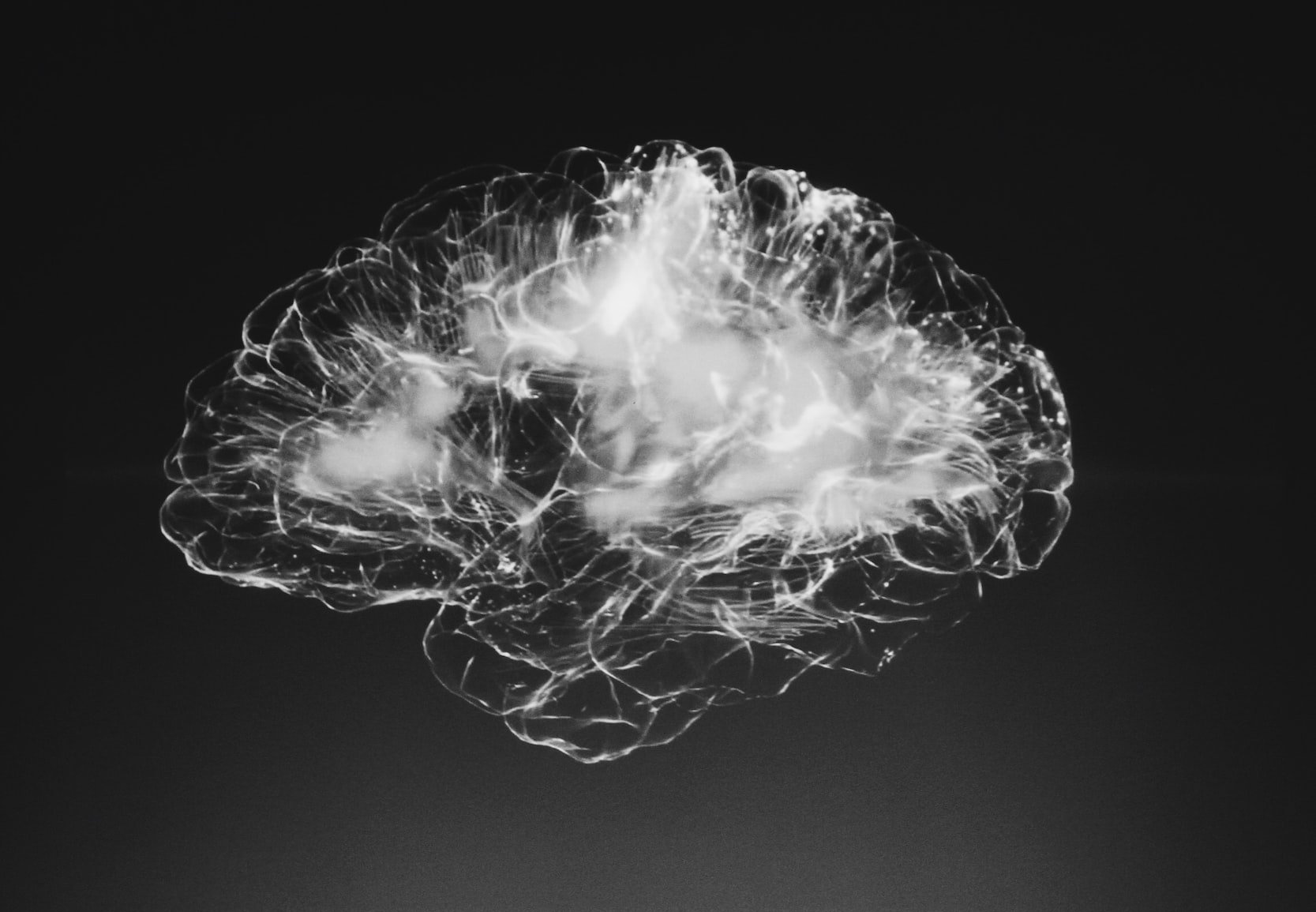Brain Fog & Longevity
Last week, we looked at some of the long-term impacts of COVID on longevity. With the holidays coming up, let’s not forget that COVID-19 is still affecting people, with around 18 deaths in BC last week alone. This week, we will be continuing this discussion through a focused lens on long Covid. If you are one of these people suffering from COVID-19, we hope this article helps inform you on how to navigate long Covid and brain fog..
First of all, what is Long Covid? Long COVID is the phenomenon of experiencing COVID-19 symptoms weeks, months and years after your initial reception of the COVID-19 virus. One such symptom of Long Covid is brain fog, which will be the focus of this article today.
Brain Fog is a broad term encompassing the cognitive difficulties experienced as a result of COVID, affecting one's ability to think. Symptoms may include reduced concentration, memory loss, confusion, fuzzy thoughts and mental fatigue. This can have consequences on attention and executive function, such as planning and multitasking as well. This may also result in short-term or long-term mental health issues such as anxiety, depression and mood regulation issues. It is almost like you are driving through a foggy road in the middle of nowhere.
Disclaimer: None of this information should replace medical advice. Please consult a physician or health professional before following any of the suggestions made in this article.
Brain Fog & Longevity
Brain fog is a real phenomenon that changes the structure and chemistry of the brain. This mostly impacts women, and impacts all ages including youth. Because of its impacts on youth, who can adapt to situations, and women, who are stereotyped as being "moody and hysterical", brain fog often goes undiagnosed. However, even mild symptoms of COVID can shrink the brain and reduce the thickness of neuron-rich grey matter, which is essential for the processing of memories, emotions and executive function. Even this slight change is comparable to a decade of aging, which can have serious consequences for longevity.
Essentially what is happening is that you are losing the thing that allows for fast neural connections between brain regions. Inflammation of neural cells also leads to oxidative stress, cell death, immunity dysfunction, weakening trissues and organs. There is also a loss of mitochondria, which is essential for energy and results in significant aging, making one prone to many age-related diseases. As cells age, they can't keep up effectively repairing damage, and this reduction in mitochondria leads to a decrease in antioxidant defences and mitochondrial processes which allow for damage control. Brain fog may also show DNA damage.
Some related consequences of this damage include a proclivity for injury, increased risk of seizures and psychotic disorders, and potentially irreversible effects on the brain unless treated for. Many more consequences may be unaccounted for due to limited research in this field, since brain activity impacts the entire body. All these factors result in a decrease in longevity and an aging of the body as a result of aging and weakening of the brain.
Improving Brain Fog
The impacts of brain fog are not predictable as they differ in individuals. However, some symptoms are reversible based on the right treatment methods used. Recovery of memory is known to improve within 6 months, and attention improves within 9 months. However, take these numbers with caution, as some people suffer from symptoms years after initially contracting COVID, and some are cured within a few days or weeks.
Strategies to Improve Brain Fog
Incorporate a daily routine to maintain structure in your day.
Reduce mental exertion and build yourself up with incredibly small steps. Pace yourself throughout the day and take frequent breaks. Consider wearing a monitoring device that tracks heart rate, sleep, activity and stress, so you know when it is time for a break. Taking a break includes a break from all cognitive activities including entertainment and social media.
Declutter your surroundings to remove distractions.
Consult a therapist to help you with strategies to improve your day. This may be especially useful for those feeling mood regulation issues, anxiety or depression after brain fog. However, this is useful for everyone because a therapist can provide aids to improve memory, attention and executive function. This will also make the process feel less daunting, as you'll feel supported by a professional.
Exercise your memory and attention with brain training apps, puzzles, games. Take caution in starting very slowly, and making sure not to overexert yourself because this will lead to a crash. If you feel at all fatigued from this, then stop. Only start brain activities when you feel you are ready to do so. Mental exertion is physical exertion.
Check with your GP what vitamin levels are low in your body. A common vitamin to start consuming is Vitamin D.
Avoid smoking and alcohol as these weaken your body further.
Document your mood and sleep to notice patterns in behaviour. This could help with learning triggers that you could prevent to reduce the impacts of brain fog.
Incorporate physical activity in your daily life. You could start with stretching, deep breathing and yoga, before moving on to more rigorous activity.
Explore creative hobbies to stretch your brain. This may include artwork, painting and music.

